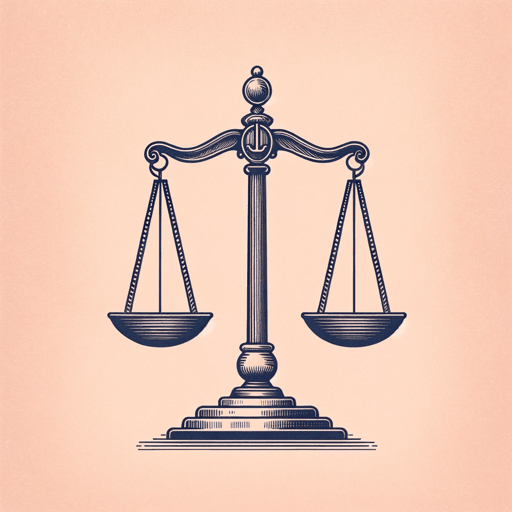47 pages • 1 hour read
MontesquieuThe Spirit of Laws
Nonfiction | Book | Adult | Published in 1748A modern alternative to SparkNotes and CliffsNotes, SuperSummary offers high-quality Study Guides with detailed chapter summaries and analysis of major themes, characters, and more.
Part 1, Books 4-5Chapter Summaries & Analyses
Part 1, Books 4-5 Summary & Analysis
Building on the framework established in the previous two books—regarding the forms of government and the principles of their action—Montesquieu now outlines the laws of education as they relate to those principles of action. The laws of education are directed at the principle of the government. Democratic laws of education should be to inspire virtue, especially dedication to the homeland.
In a monarchy, formal education that fosters honor is not strictly necessary; cultural milieu is enough to teach the royal subject how to behave. Honor requires nobility, frankness, and politeness (31). The honorable subject “judges men’s actions here not as good but as fine, not as just but as great; not as reasonable but as extraordinary” (32). The education in honor does not direct one toward a love of the truth, but it does direct toward honesty for the sake of a noble appearance. Also, even though, in a monarchy, the royal subject should be directed primarily toward obedience to the prince, the prince’s legislation should never force his subjects to act dishonorably. To serve the prince in war is a great honor, regardless of victory or defeat.
In despotic governments, on the other hand, the only “education” is in servility.


